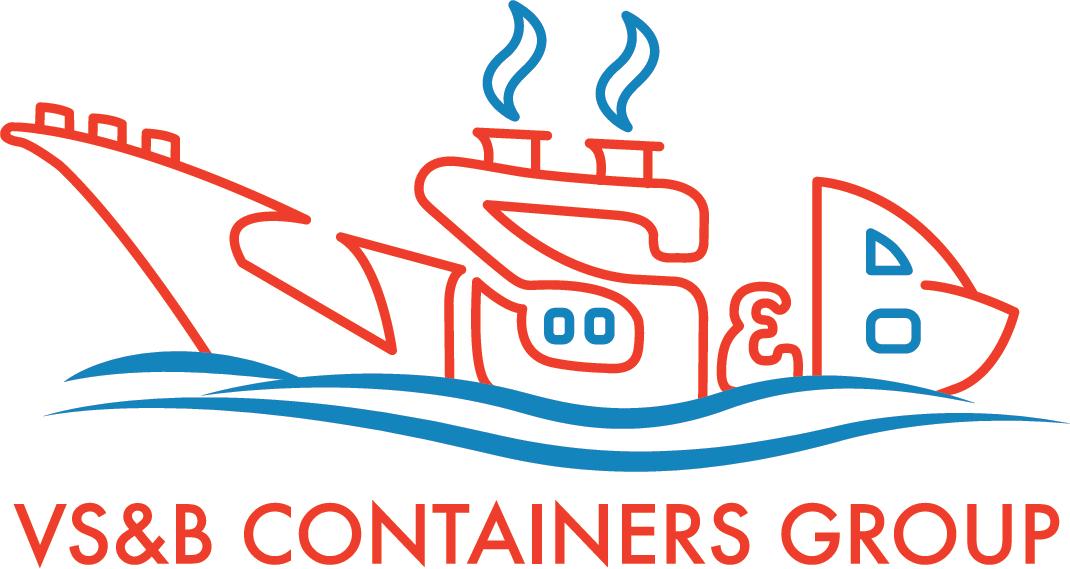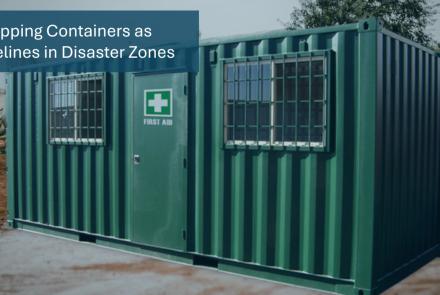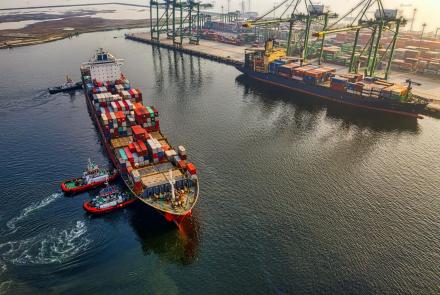The Impact of Geopolitical Tensions and Conflicts on Container Shipping and Shipping Rates

In an increasingly interconnected world, geopolitical tensions and conflicts play a crucial role in shaping global trade dynamics. The container shipping industry, a cornerstone of international commerce, is particularly sensitive to these disruptions. Understanding how these geopolitical factors impact container shipping and shipping rates is essential for businesses and stakeholders in the logistics sector.
Disruption of Shipping Routes
- Conflict Zones: Wars and conflicts in key regions disrupt established shipping routes. For instance, the ongoing Russia-Ukraine conflict has significantly affected maritime routes in the Black Sea, leading to detours and increased transit times. This disruption not only delays shipments but also increases fuel consumption and operational costs.
- Strait of Hormuz: Tensions in the Middle East, especially around the Strait of Hormuz—a critical chokepoint for global oil shipments—can cause significant disruptions. Any threat to the security of this vital passageway can lead to immediate spikes in oil prices, impacting the cost of fuel for shipping lines.
Increased Insurance and Security Costs
- Piracy and Security Risks: Geopolitical instability often exacerbates piracy and security threats in certain regions. Shipping lines operating near conflict zones or high-risk areas like the Gulf of Aden face increased insurance premiums. These higher costs are typically passed on to consumers, resulting in elevated shipping rates.
- Sanctions and Trade Restrictions: Trade sanctions imposed by governments can restrict access to key markets, forcing shipping companies to reroute and find alternative paths. For example, sanctions on countries like Iran and North Korea limit direct trade routes, complicating logistics and increasing costs.
Fuel Price Volatility
- Oil Supply Disruptions: Geopolitical tensions in oil-producing regions, such as the Middle East or Venezuela, can disrupt global oil supplies. Reduced supply leads to higher fuel prices, which directly affect shipping costs. As fuel accounts for a significant portion of operating expenses for shipping companies, any increase in fuel prices results in higher shipping rates.
- OPEC+ Decisions: The actions of oil-producing nations, particularly OPEC+, in response to geopolitical developments can lead to production cuts or increases. These decisions impact global oil prices, subsequently influencing shipping rates.
Port Congestion and Operational Delays
- Strikes and Labor Unrest: Geopolitical factors often lead to labor unrest and strikes at major ports. For instance, tensions between governments and trade unions can result in strikes, reducing port efficiency and causing congestion. This congestion leads to delays and increased demurrage charges, contributing to higher shipping costs.
- Infrastructure Damage: In conflict zones, port infrastructure can be damaged or destroyed, reducing the capacity for handling cargo. Rebuilding efforts take time and resources, further straining the logistics network and increasing shipping rates due to limited port availability.
Regulatory Changes and Compliance Costs
- Environmental Regulations: Geopolitical pressures can influence international environmental regulations. For example, stricter emissions standards imposed by the International Maritime Organization (IMO) may be a response to global political pressure to address climate change. Compliance with these regulations requires investment in new technologies and fuels, raising operational costs for shipping companies.
- Trade Policy Shifts: Changes in trade policies driven by geopolitical factors can lead to new tariffs, trade barriers, and regulatory requirements. Businesses must navigate these changes, often resulting in increased costs for compliance and adjustments to supply chains.
Geopolitical tensions and conflicts have far-reaching impacts on the container shipping industry, influencing everything from shipping routes to fuel prices and regulatory compliance. For businesses involved in global trade, staying informed about these geopolitical developments is crucial for strategic planning and cost management.
By understanding the interplay between geopolitics and shipping, companies can better anticipate disruptions, adapt their logistics strategies, and mitigate the impact on shipping rates.
For more insights into the shipping industry and how to navigate these challenges, visit VS&B Containers' blogs. Stay ahead of global trade dynamics with our expert analysis and comprehensive container services.
Your Container Equipment Provider Of First Choice
VS&B Containers, headquartered in Chennai, began operations in 1996. The company offers a wide variety of containers, both newly built and used, and custom-built units that can be directly shipped from our manufacturing facilities to your preferred destinations across the world. We also operate a leased fleet of over 30,000 containers for both international leasing and domestic leasing (within India). If you have container requirements, do drop us an email at info@vsnb.com and a member of our team will reach out to assist you.
Furthermore, iInterchange Systems (A VS&B group company) provides state-of-the-art software solutions tailored specifically to meet the needs of container shipping and logistics enterprises. Please visit www.iinterchange.com for more details.
- Log in to post comments






